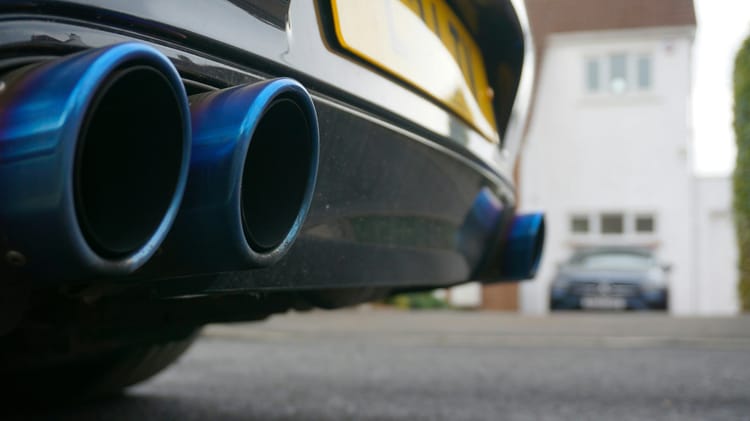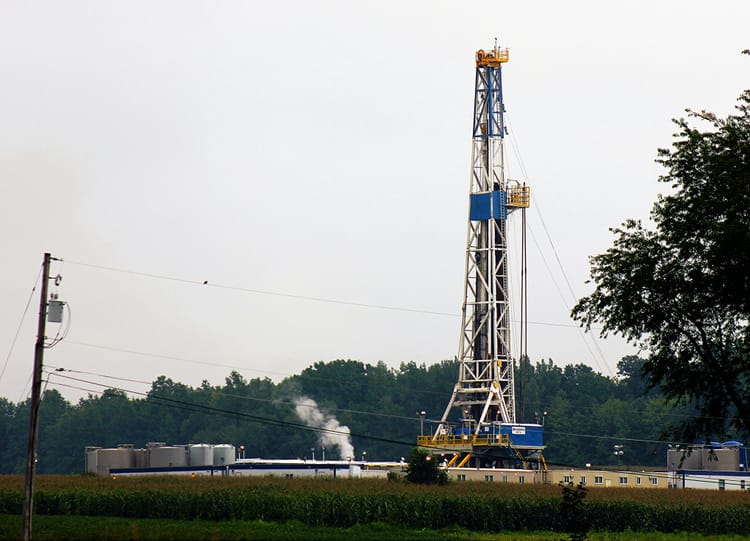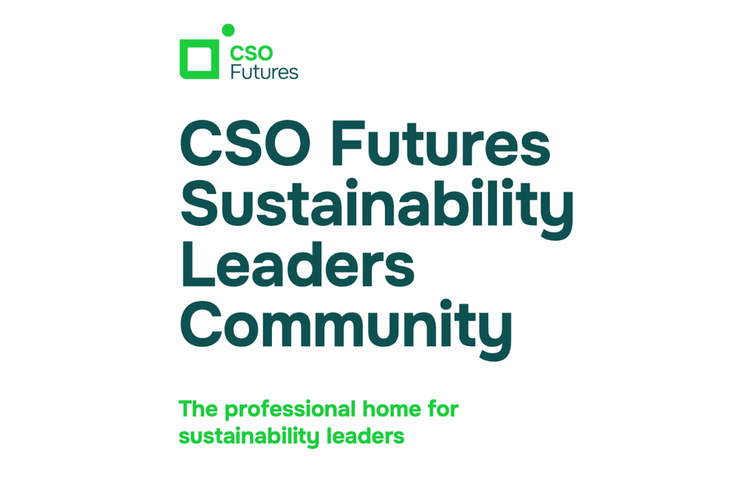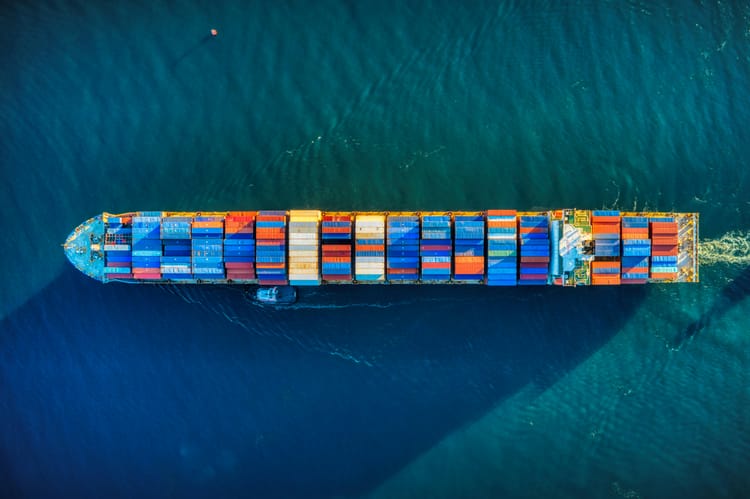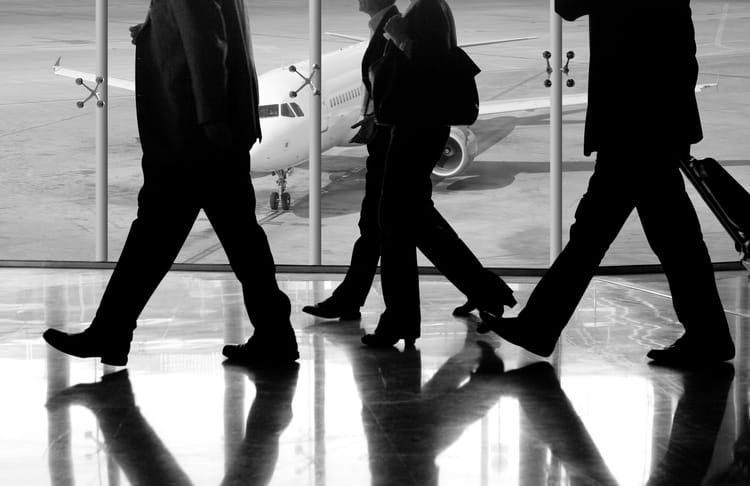COP30 presidency kicks off ‘pioneering experiment’ to mobilise bottom-up collective climate action
"This de-hierarchised form of mobilisation emerges spontaneously and organically when there is an urgent need that remains unmet."
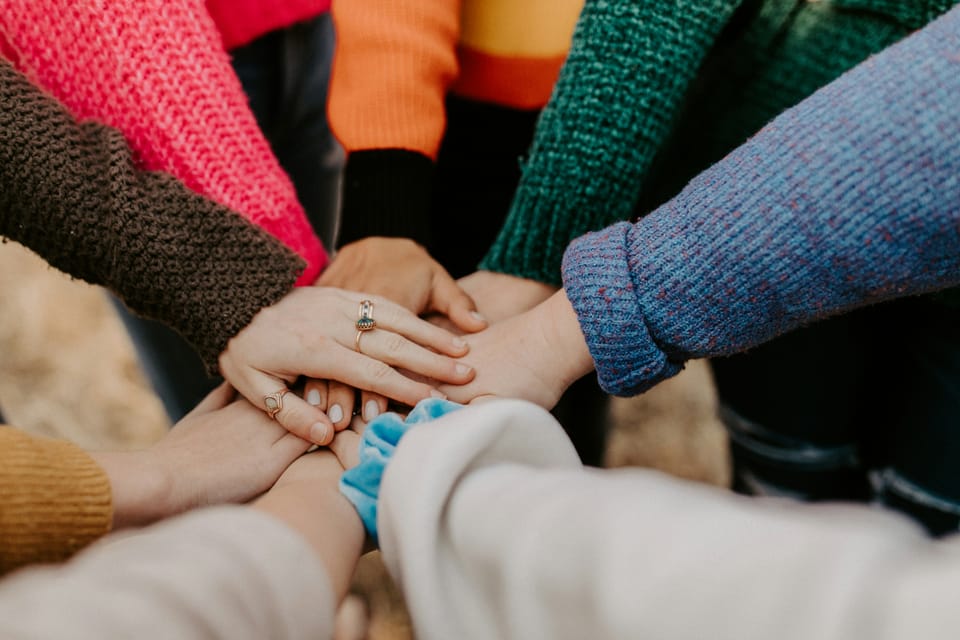
COP30 President André Corrêa do Lago has unveiled his plan to mobilise a ‘global mutirão’ – a wave of bottom-up, self-determined and collective action – for the climate ahead of the November climate change conference in Belém.
In his second letter to the global community, the former Brazil climate negotiator says he has created a framework to allow “all members of the human family” to contribute to the fight against climate change with collective, immediate and action-focused initiatives – a global movement that integrates local action.



